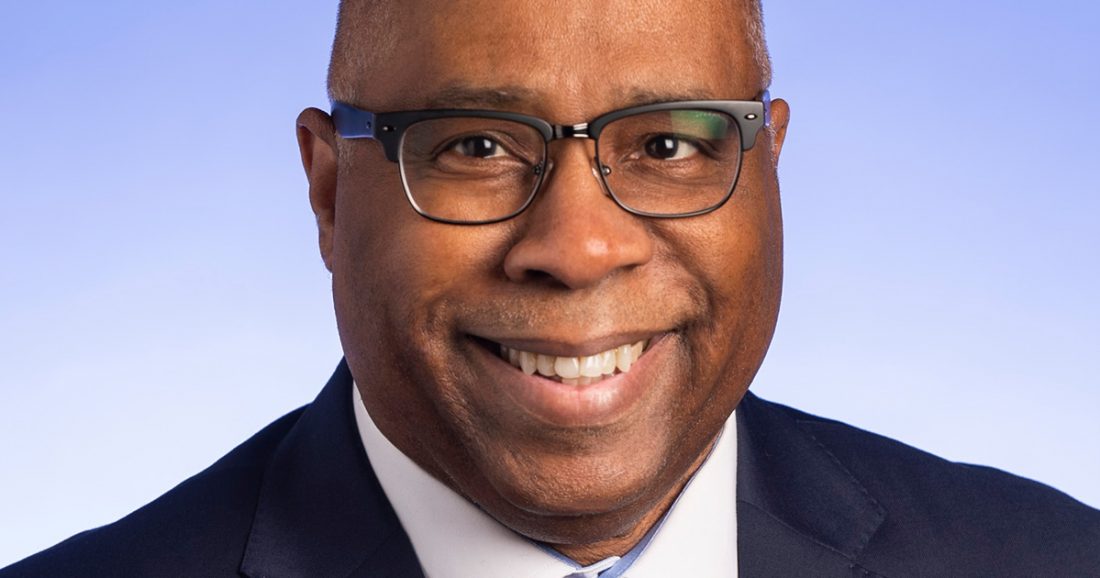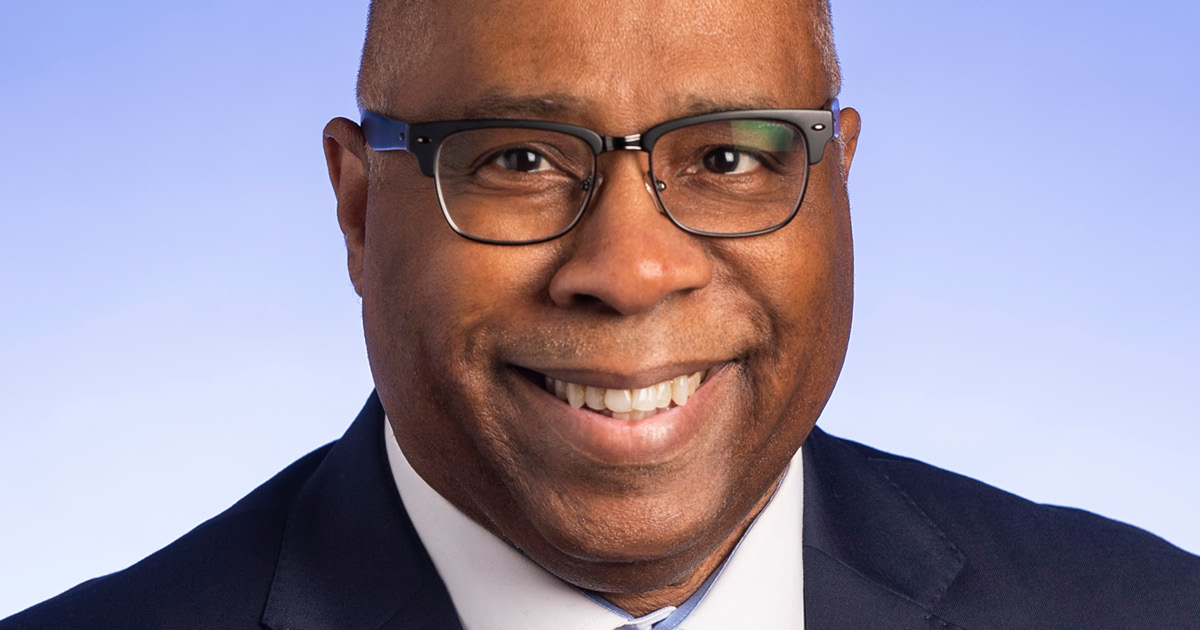We all have moments in life where we need a helping hand. But not everyone is lucky enough to have a support system in their personal life when the going gets tough. In these moments, people rely on the benevolence of the state to provide relief, safety and security.
As Commissioner of the Tennessee Department of Human Services, Clarence H Carter says he is proud to have spent his career helping the most vulnerable people in the United States to live better lives.
“In a 33-year public service career, I have served in the administration of two presidents, four governors and a mayor by overseeing public human services programs and agencies,” he says.
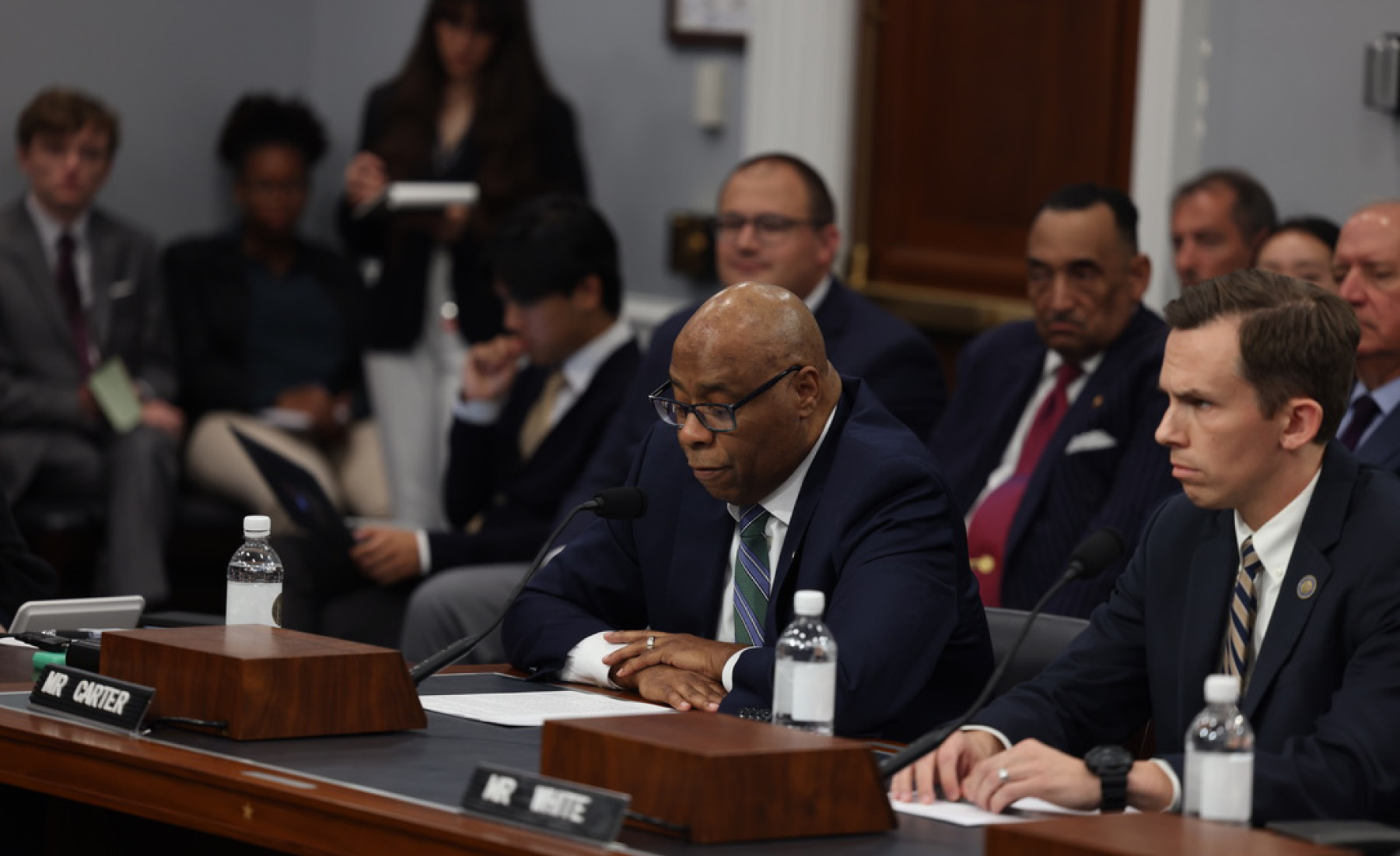
“I want to make these systems work in the best interest of those it’s intended to serve.”
“I was appointed by Governor Bill Lee in January of 2021 to this position after serving a second stint in the federal government in the administration of children and families in the Federal Department of Health and Human Services.
“What has driven me is an abiding passion to help the systems that support individuals and families that face economic, social and developmentally vulnerable circumstances. I want to make these systems work in the best interest of those it’s intended to serve.”
A safety net
In 2023, the estimated number of Americans living in poverty was 43.2 million (12.9 percent of the population). Added to this, 13.7 percent of all children in the United States were estimated to be in poverty. Many of them rely on the services provided by the human services departments across the nation, including the Tennessee Department of Human Services.
“We are an agency of more than 3,500 individuals. We serve nearly two million Tennesseans annually through our various programs and services in all 95 counties of Tennessee,” Carter says. “We are statutorily authorized to deliver benefits, goods and services across 17 different programs.”
In collaboration with
East Tennessee State University

Some of these key programs include the Families First Temporary Assistance for Needy Families program; the Supplemental Nutrition Assistance Program; Rehabilitation Services for individuals with social and developmental vulnerabilities; Adult Protective Services that investigate neglect and abuse of older adults; and the Child Care Licensing program.
Thanks to his wealth of experience, Carter has formed a rich understanding of the sector.
“I’ve had a chance to see the system from literally every dimension. And what I came to understand early on in my career is that it is almost unfair to call this a system at all,” he says. “It’s really an aggregation of more than a hundred single-purpose programs, with each designed to address a singular aspect of human vulnerability.”
Having become all too familiar with perceived shortcomings in the status quo, Carter is striving to achieve a new cohesive approach.
“I came to understand many years ago that there are flaws in the design and operation of the human services system,” he explains. “To begin with, there is no overarching direction for all of the programs of the human services system. Programs were not designed to work together.”
The overarching direction Carter wants to provide the human services is a greater focus on encouraging vulnerable people, where possible, to lift themselves out of poverty.
“While we absolutely must have a system of support for economically, socially and developmentally vulnerable Tennesseans, we don’t want that system of support to be an end unto itself,” he says. “We want to come alongside them and help them build their functioning capacity. We want to increase their economic resources and their social capital, and help them grow beyond the circumstance that has them needing support.”
Technology overhaul
Carter explains how the Department has completed a digital transformation, which has had a significant impact on its operational capabilities.
“Five years ago, our department began the complete rebuild of our technological infrastructure because it was using technology that was almost 30 years old,” he says.
“The department rightly understood that if we were going to serve our customers more efficiently, we had to completely upgrade that whole technology stack. Today’s technology allows us to do all of those things infinitely faster and more efficiently.”
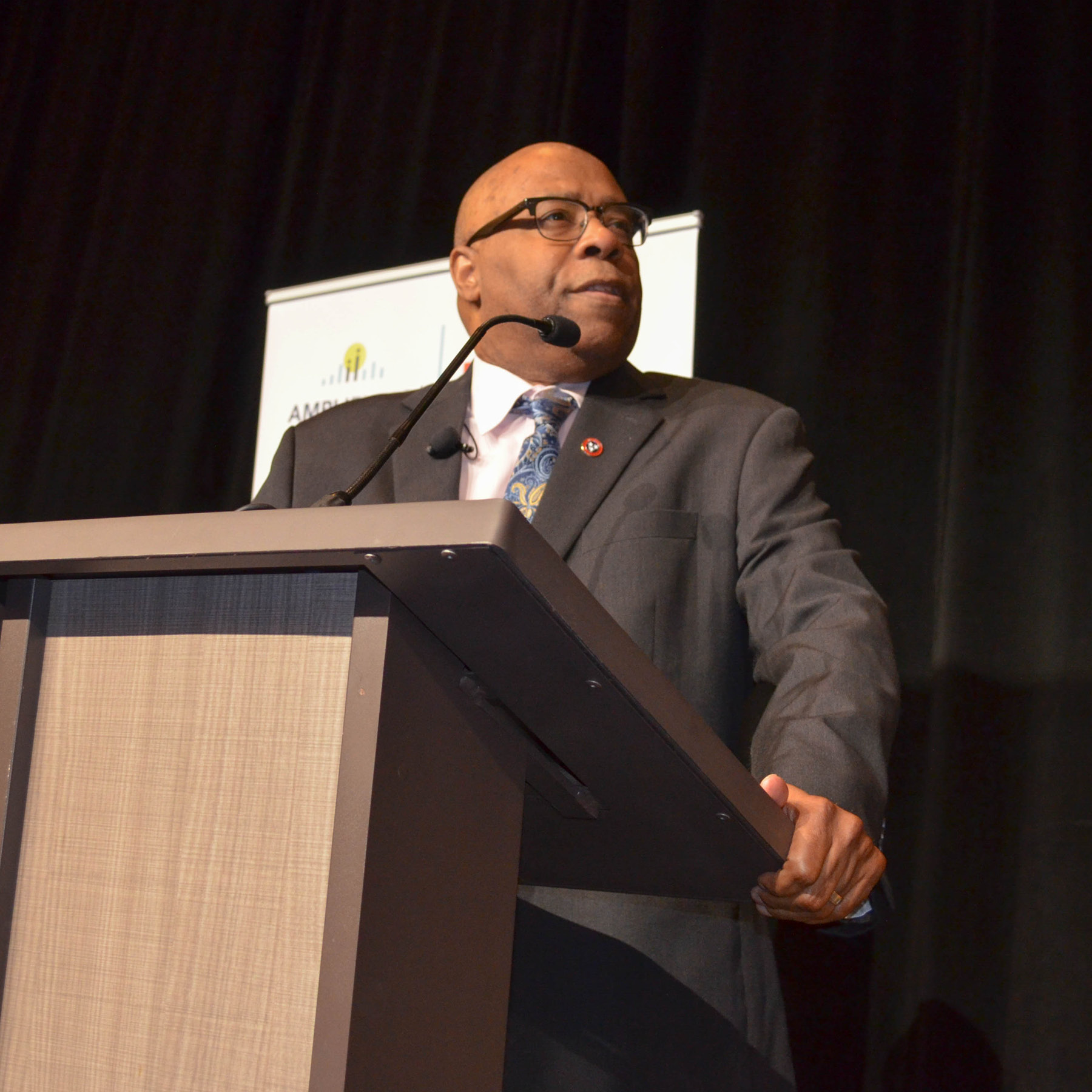
“Today’s technology allows us to do all of those things infinitely faster and more efficiently.”
He says that increasing the efficiency of its programs has meant more energy can be spent on the human elements of nurturing, growing and developing customers.
“Previously we’ve had to spend the lion’s share of the energy of our labor force, around 80 percent, in the processing and onboarding of our customers,” Carter says. “We’ve become more efficient and effective in the delivery of benefits, goods and services so that we can expend more of the energy of our labor force in helping people grow beyond the need for those benefits, goods and services.”
Building partnerships
Carter admits that the Department cannot face the significant challenges they face alone. He wants to forge new, lasting partnerships that serve the people of Tennessee.
“The Tennessee Department of Human Services can’t solve these problems of economic, social and developmental vulnerability of nearly two million Tennesseans all by ourselves. So what we have to do is reach beyond the walls of government and say very intentionally to other sectors, ‘Can you please help us in this endeavor?’” he says.
“We’ve not reached out to partner with the community of faith as we should. We’ve not reached out to partner with philanthropy as we should, or with education or non-governmental organizations.”

Advertisement
A partnership it will be potentially looking to replicate is its association with East Tennessee State University, as well as its collaboration with Ikaso Consulting.
“We can better leverage and align all that is available in service of this higher objective of strengthening Tennessee by strengthening Tennesseans,” Carter says.
“We want every Tennessean to be able to be the best version of themselves, and in order for that to be, we have to leverage all of the assets of Tennessee in service to this objective.”
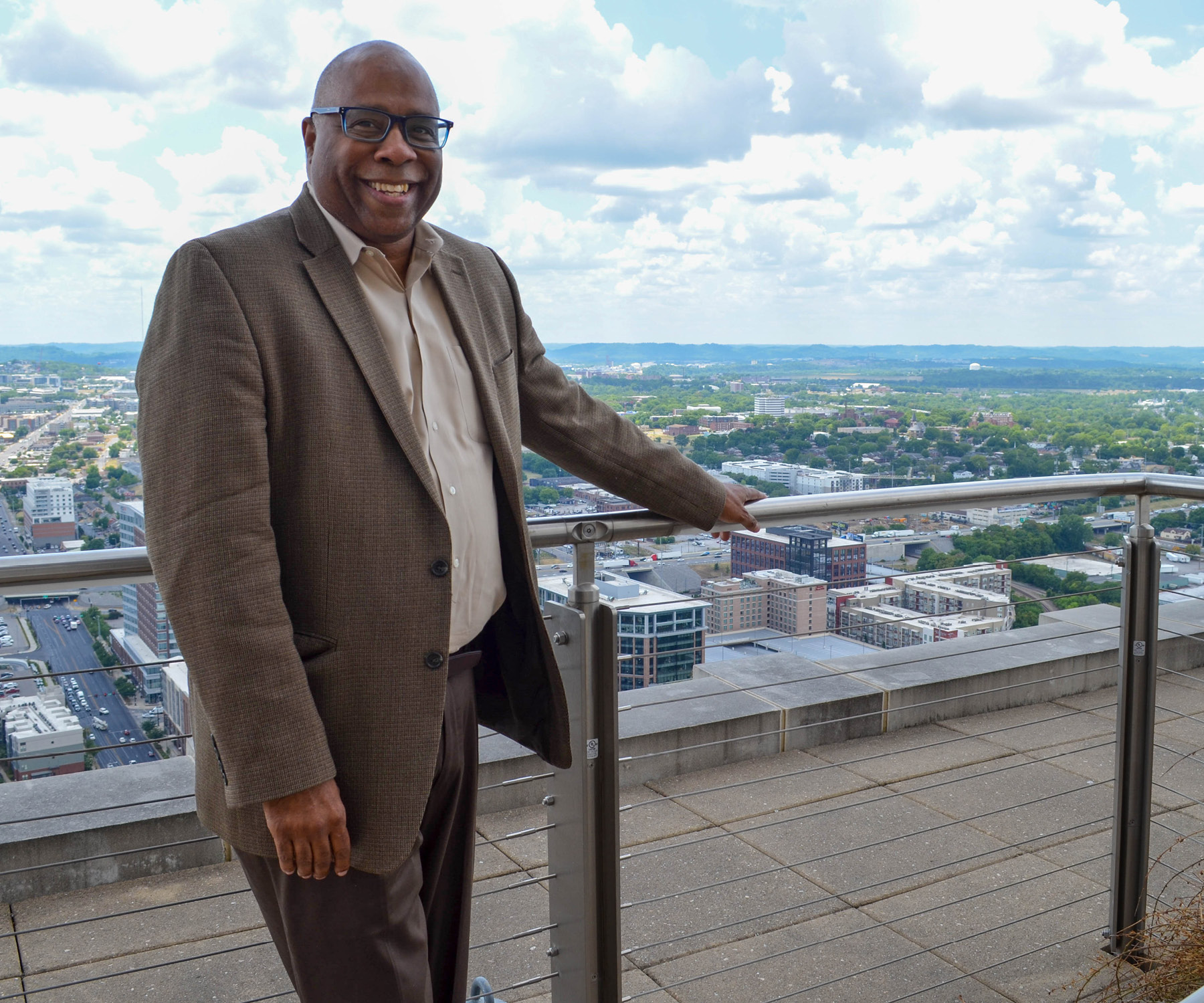
“We want every Tennessean to be able to be the best version of themselves.”
Part of this vision to maximize all the state’s resources in service of its people involves encouraging young people that a career in the public sector is noble and fulfilling.
“What I would say to folks is that if you want to help your fellow citizen, the Department of Human Services provides an opportunity to fill your objective to help,” he says.
“If that is where your heart is, there is a home for you in the Department of Human Services in the 95 counties all across Tennessee.
As for Carter himself, he is proud of the fact that he has dedicated his career to supporting and uplifting the most vulnerable in American society.
“The system of support was designed to catch people when they fall, keep them from hurting themselves and allow them to bounce back into the performance of life,” he says.
“That’s what the administration of the nation’s public safety net is intended to do, and I’m honored to lead a system that does that work.”

